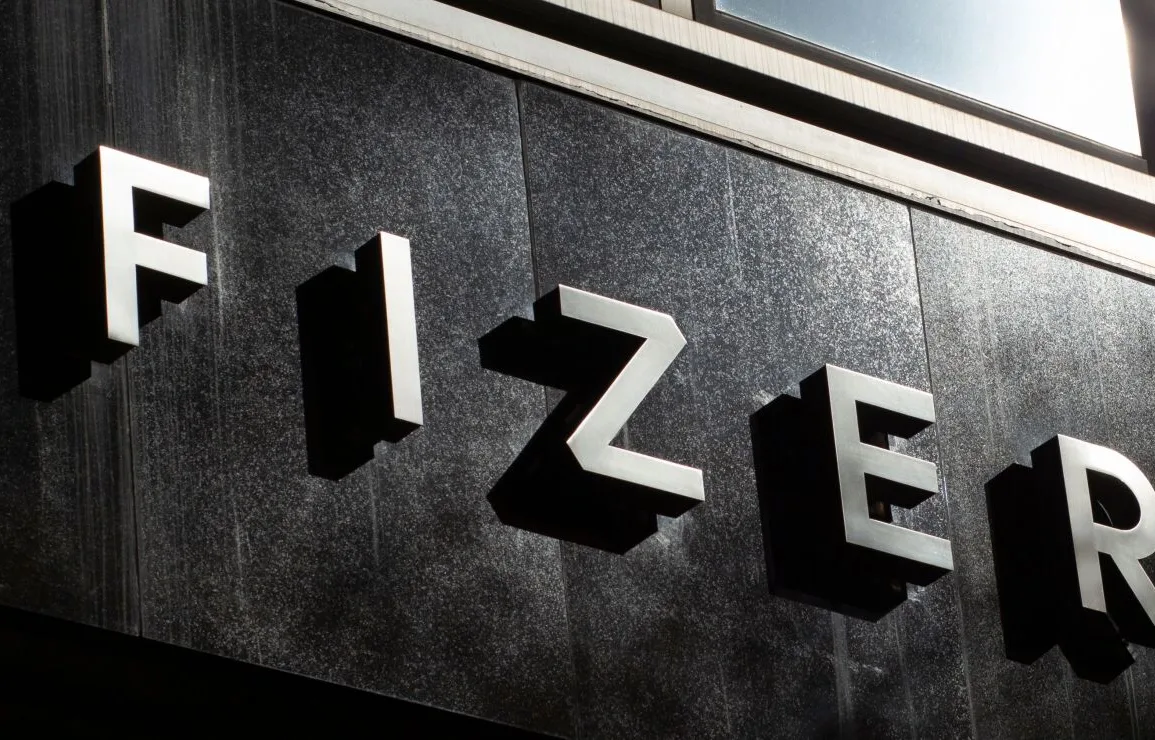A group representing White and Asian American applicants will try to persuade a federal appeals court in Manhattan to revive its challenge to a
Do No Harm, an advocacy membership group of health-care professionals, students, and policy makers, will participate in oral arguments Tuesday before a three-judge panel of the US Court of Appeals for the Second Circuit in its bid to shut down the pharmaceutical giant’s diversity program on the ground that it violates federal civil rights laws and the Affordable Care Act.
The case gives the Second Circuit the opportunity to clarify the legal issue of whether a plaintiff organization must identify at least one member by name in order to have standing to sue.
But at its core the dispute concerns corporate diversity, equity, and inclusion practices that critics say are racially discriminatory.
The arguments come amid increasing legal threats and lawsuits by conservative groups to stop DEI programs, which were bolstered by the US Supreme Court’s recent decision curtailing the use of race as a factor in college admissions.
The high court case concerned race-conscious admissions policies at Harvard University and the University of North Carolina. But legal scholars told Bloomberg Law at the time that the ruling will have a downstream effect on businesses by disrupting DEI practices and inviting challenges to these programs under the federal and state laws that govern them.
Most recently, the Eleventh Circuit temporarily blocked the application window for a grant program that provides financial support and mentorship to Black women-owned businesses because the “racially exclusionary program” is substantially likely to violate Section 1981 of the 1866 Civil Rights Act’s “guarantee of race neutrality” in making contracts.
Standing at Issue
A federal judge last December denied Do No Harm’s request for a preliminary injunction to bar Pfizer from going forward with selecting its 2023 fellowship class while the case plays out.
Launched in 2021, Pfizer’s multi-year Breakthrough Fellowship Program targets students of Black/African American, Latino/Hispanic, and Native American descent to address challenges by the company to recruit, retain, and promote a diverse talent pipeline. It aims to enroll 100 fellows by 2025.
Judge Jennifer Louise Rochon of the US District Court for the Southern District of New York dismissed the case without prejudice for lack of standing because Do No Harm failed to identify by name at least one member who is or will be harmed by the program’s alleged racial bias.
The group’s complaint anonymously mentioned two members, but neither of them actually applied for the Pfizer fellowship, the judge said.
The Second Circuit hasn’t yet considered the question, but other federal appeals courts—the Eleventh, Ninth, Seventh, Sixth, and First circuits—that have recently addressed the naming requirement “have repeatedly held that ‘an affidavit provided by an association to establish standing is insufficient unless it names an injured individual,’” Rochon said.
At least three district courts within the Second Circuit have also backed that conclusion, she said.
Members Plan to Apply
In its brief, Do No Harm insists it has standing because both anonymous members are ready to apply “once Pfizer stops illegally using race” as a requirement.
The Supreme Court’s 1977 International Brotherhood of Teamsters v. United States decision suggests that a plaintiff can challenge a discriminatory program even if they haven’t “actually applied” for it, the group said.
And the district judge ignored the Second Circuit’s 2006 ruling in Building & Construction Trades Council of Buffalo v. Downtown Development Inc., which “rejected ‘the proposition that an association must ‘name names’ in a complaint,” the group’s brief added.
Pfizer earlier this year amended the fellowship program by opening it up to applicants of all racial backgrounds. But the company did so without telling Do No Harm or the court whether the modifications affect the appeal, the group said.
“Pfizer’s silent adjustment to its website does signal one thing though: It knows the district court’s sua sponte dismissal cannot withstand scrutiny,” Do No Harm said.
Anonymity Allowed?
But the company defended the legality of its program and maintained that the Supreme Court’s 2009 ruling in Summers v. Earth Island Institute requires an association to identify by name at least one member with standing.
Several circuit courts “support the conclusion that the district court correctly held that anonymous declarations fail the Summers naming requirement,” Pfizer’s response brief said.
The district court also correctly found that the declarations the Do No Harm members filed failed to show that they’re “ready and able to apply” for the program, the company added. Those filings didn’t state whether the individuals have met the program’s basic qualifications, including if they were committed to pursue any of the three master’s degree programs that Pfizer pays for as part of the fellowship, it said.
“Indeed, the declarations evince nothing more than a vague interest in going to graduate school for free—a sentiment shared by many college students,” Pfizer’s said.
Consovoy McCarthy PLLC represent Do No Harm. Paul, Weiss, Rifkind, Wharton & Garrison LLP and DLA Piper LLC represent Pfizer.
The case is Do No Harm v. Pfizer Inc., 2d Cir., No. 23-00015, oral argument scheduled 10/3/23.



